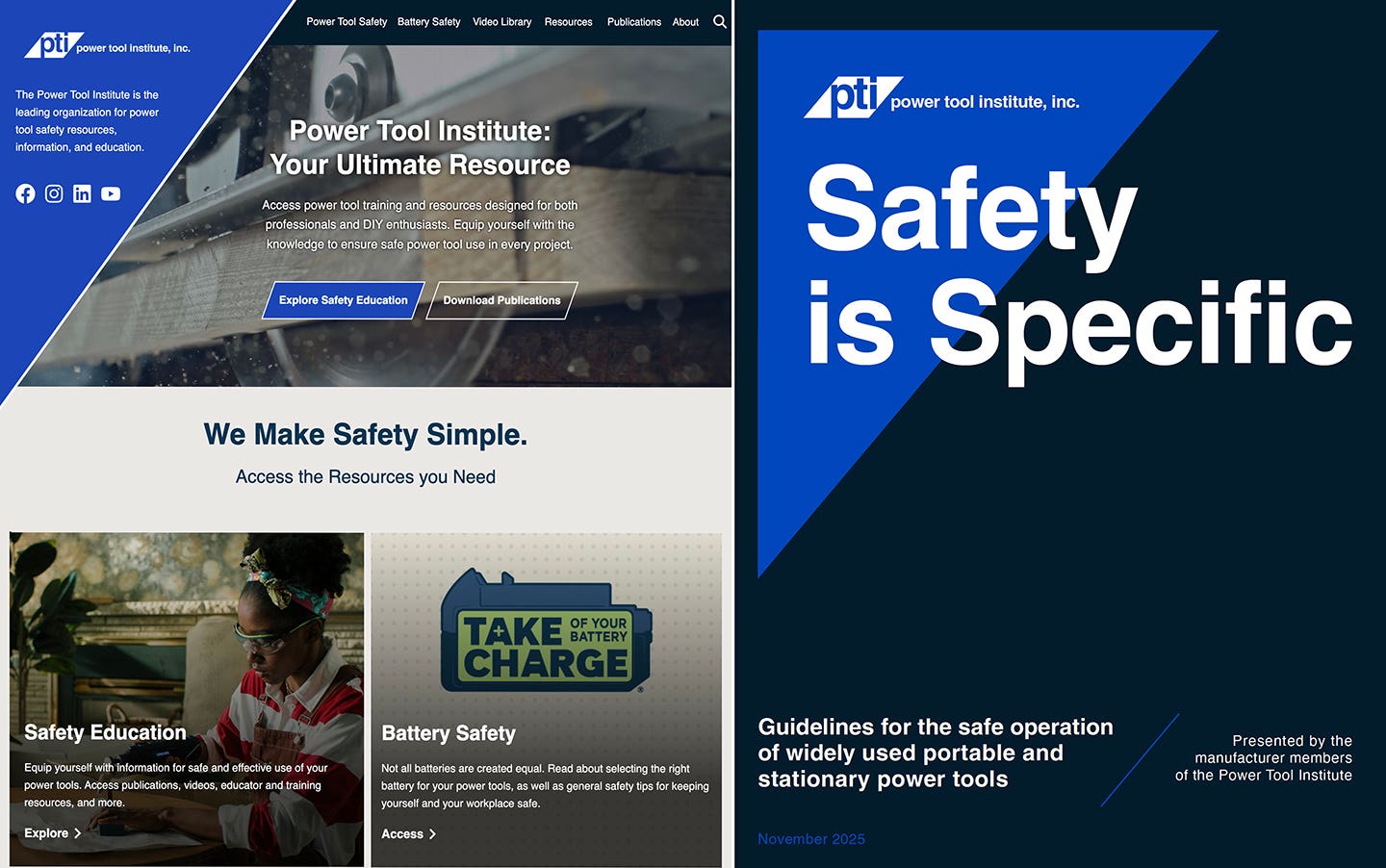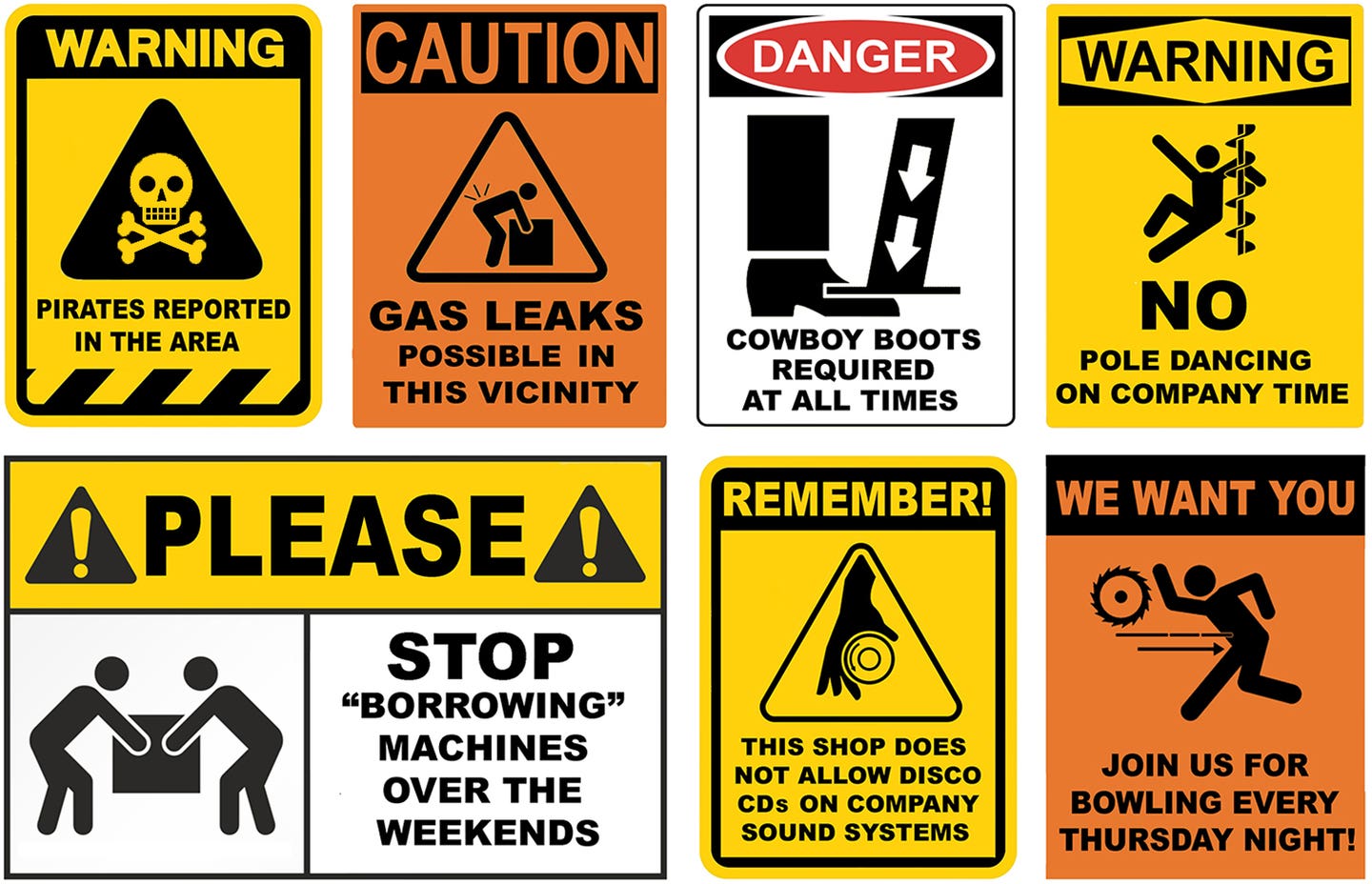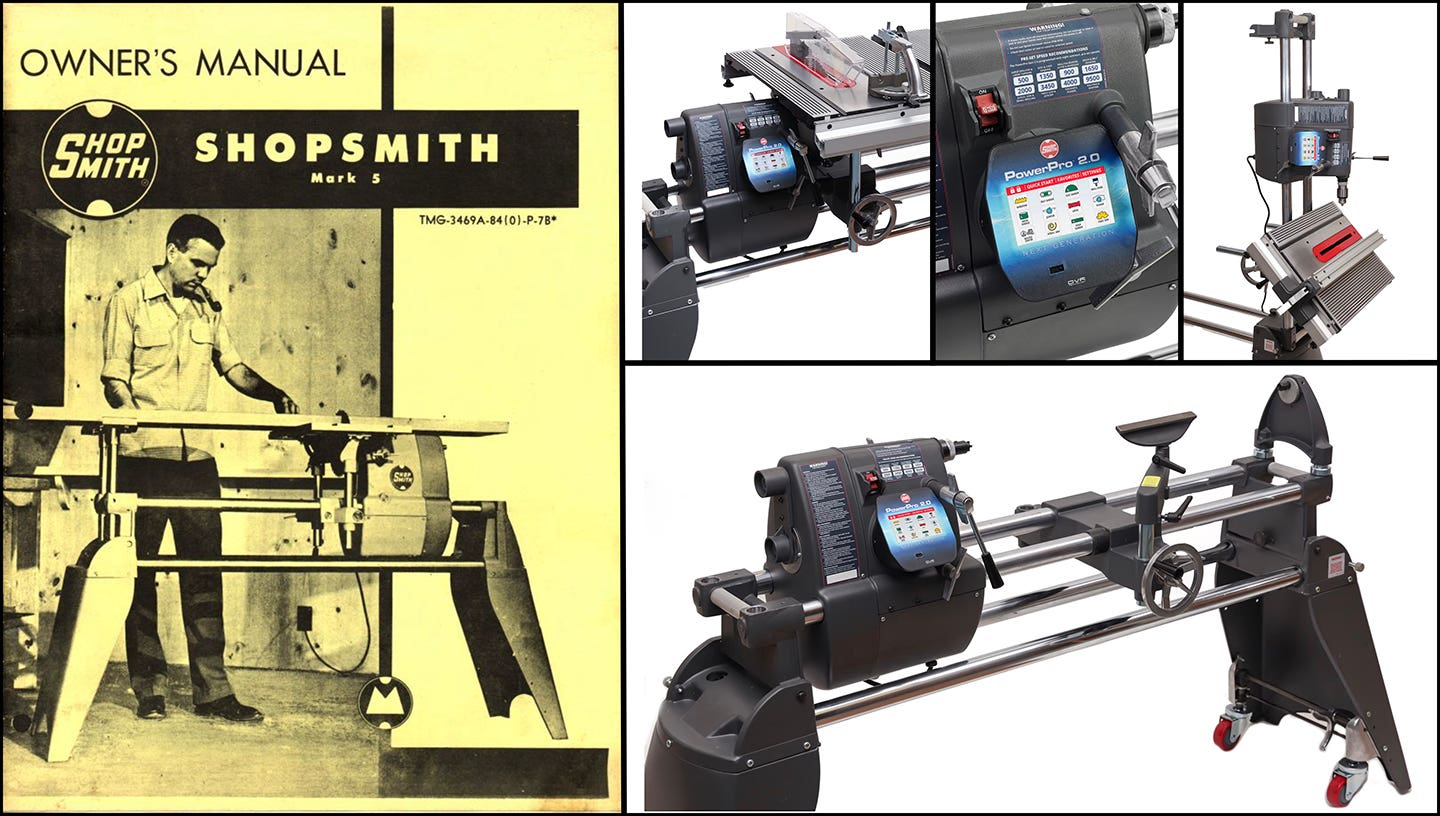Feedback can fuel a workers ambition
In a small business – or a large one – it is important to let people know how they are doing on the job. Managers or owners often assume that…
In a small business - or a large one - it is important to let people know how they are doing on the job. Managers or owners often assume that employees are satisfied and know they are appreciated. This is a myth or simply a way to rationalize not providing performance feedback.
Most employees come to work every day and want to satisfy their bosses. This is especially true in a small business where each employee can see how their work contributes to the organization. At the same time, employees generally know who isn't carrying their share of the load and expect the boss or owner to do something about it. Managers should provide feedback to those performing as expected and those who are not meeting expectations.
Specific, sincere and timely performance feedback can improve performance, but broad generalities do not usually have much impact. Which comment will do more to improve performance?:
1. "Good job on your output this week"
2. "I really appreciate how you have worked to improve yields and efficiencies by more than 8 percent this week"
It is obvious to the employee that the manager is aware of actual performance with the second comment. Specific facts should be used rather than non-specific comments.
Expectations must be defined
Every employee has a need and a right to know what their boss expects. Managers have a responsibility to define and communicate expectations for each employee. Failure to do so can cause frustration and poor performance, so be sure expectations are understood throughout your business.
The essential expectations for each employee are the basic requirements that must be met for a person to succeed on their job. This is not a job description. Simply write each employee's name in one column on a sheet of paper and in another column clearly state the expectations and communicate them one-on-one with each employee. I can almost hear, "These people have worked for me a long time and know what I expect." Maybe expectations and requirements have changed and haven't been clearly communicated to everyone or you might find that expectations are not known or understood.
Six factors
Feedback can be defined as the "relaying of the measurement of actual performance back to the individual or unit causing the performance so that action can be taken." This means that supervisors measure work being done and provide specific information back to individuals responsible for the results. The annual performance review is too late and is generally not very specific, so we are talking about the specific, timely and sincere feedback that can be given frequently.
Most people want to be right and do their jobs correctly. This need to be right makes feedback even more important than one might think. Every employee needs to know if he or she is meeting expectations.
There are six significant factors about performance feedback that every manager or supervisor should consider:
1. It is important to let people know how they are doing on their job: Many people have an innate fear that they will suddenly lose their job because of not satisfying their boss. Most people come to work every day with a goal of satisfying his or her boss as they get work done. Rather than getting sidetracked by the few people on the fringe who just don't care, focus on the vast majority of workers who do their jobs to the best of their ability every day. These folks thrive on feedback that lets them know how they are doing and if they need to improve.
2. You can encourage people to perform even better: Providing performance feedback is another tool of continual improvement. Continual improvement is simply doing the work better next time than you did it this time. Providing feedback is practicing continual improvement one employee at a time with positive personal encounters.
3. Feedback lets people know you care. Based on decades of experience, I know that it is absolutely essential for people to know that you care about them and their work performance. Let them know that you care about their success or when things aren't going as planned. Take time to discuss successes and failures. You care because you and your company have a tremendous investment in each employee and you want each employee to succeed.
4. Relay feedback in a face-to-face conversation whenever possible: In some cases, e-mail or phone might be required for someone working in a remote location, but that should be the exception.
5. Feedback should be related to specific performance that has occurred recently: Delayed feedback will do little to improve performance, but it is better than no feedback for a job well done.
6. Positive feedback should be given frequently: These conversations need to be in frequent small doses. Spaced repetition of feedback will only serve to improve the motivational climate in the organization. The old rule of thumb in performance management years ago was that positive feedback should be in a 4:1 ratio with negative feedback. Counting isn't the concern, but creating a climate of reinforcing desired performance is the important factor.
When feedback is not positive
Not all feedback can be positive. Performance and behavior issues need to be addressed quickly. Don't ignore performance problems, because a problem ignored usually grows like weeds in a garden.
Be sure you understand the situation and facts. Learn to ask questions and gather information in a non-threatening way. Especially in a small business where almost everyone senses a problem exists, the manager or owner simply must deal with the issue in a timely and positive way.
Ask relevant questions to be sure you and the employee are on the same page. The great question of American management seems to be: Who done it? The more important and relevant questions are: What happened, why did it happen, why did you do it that way and what can we do differently next time?
When these questions are asked routinely and in a positive non-threatening manner, people will respond appropriately. After you understand the situation and know the facts, ask the employee how he or she will correct the situation or problem. Ownership for correcting the problem belongs to the employee, not the manager.
Essentially the same considerations apply to negative feedback as to positive feedback. It should be specific, timely and sincere. Focus on the facts and not the person or personality. This is about results, not likes or dislikes. Keep it simple and to the point. Do not sandwich one negative between multiple positives. Simply focus on what has happened and what needs to happen next. Save the positive for when you are reinforcing desired performance or behavior. Otherwise, the employee might only hear the positive and ignore the negative. Keep it conversational and focused on improvement, not on people or personalities.
The power of a thank-you
Managers and business owners should pay close attention to work performance, behaviors and results, but be careful when dissecting issues and ask the right questions without second-guessing and asking threatening questions.
Performance feedback is the foundation for having productive and satisfied employees. Feedback lets people know you care and spurs them to higher levels of performance. Make it a priority and a habit to tell folks when they do a good job and you'll see benefits in the workplace.
The simple act of saying thanks might be the most powerful feedback one can provide. Practice it often and see how results improve.
Davis M. Woodruff is the founder and president of Management Methods Inc., a management consulting firm based in Decatur, Ala.
This article originally appeared in the April 2011 issue.







